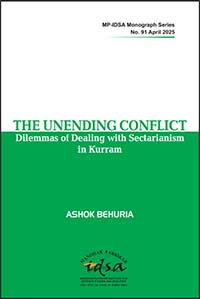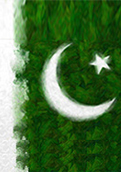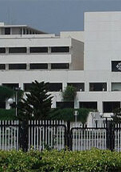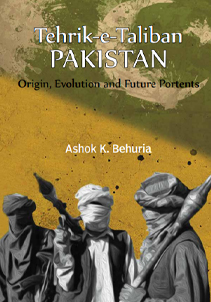Voices of the Unvoiced: Women’s Struggle for Education in Khyber Pukhtunkhwa, Pakistan
Voices of the Unvoiced is a deeply moving and painstakingly researched book,Footnote1 which explores the various challenges faced by PakhtunFootnote2 women as they seek education in the culturally complex and war-torn province of Khyber Pakhtunkhwa, Pakistan. An academic treatise and personal testament, this book is the result of five years of intense research, including a doctoral dissertation and postdoctoral study. It combines feminist theory, socio-historical analysis, and ethnographic storytelling to highlight the tenacity and resilience of (Pakhtun) women in a patriarchal society. It offers a timely reflection on gender, education, and empowerment in a region grappling with the legacies of armed conflict and cultural conservatism.
- Ashok K. Behuria |
- March-April 2025 |











